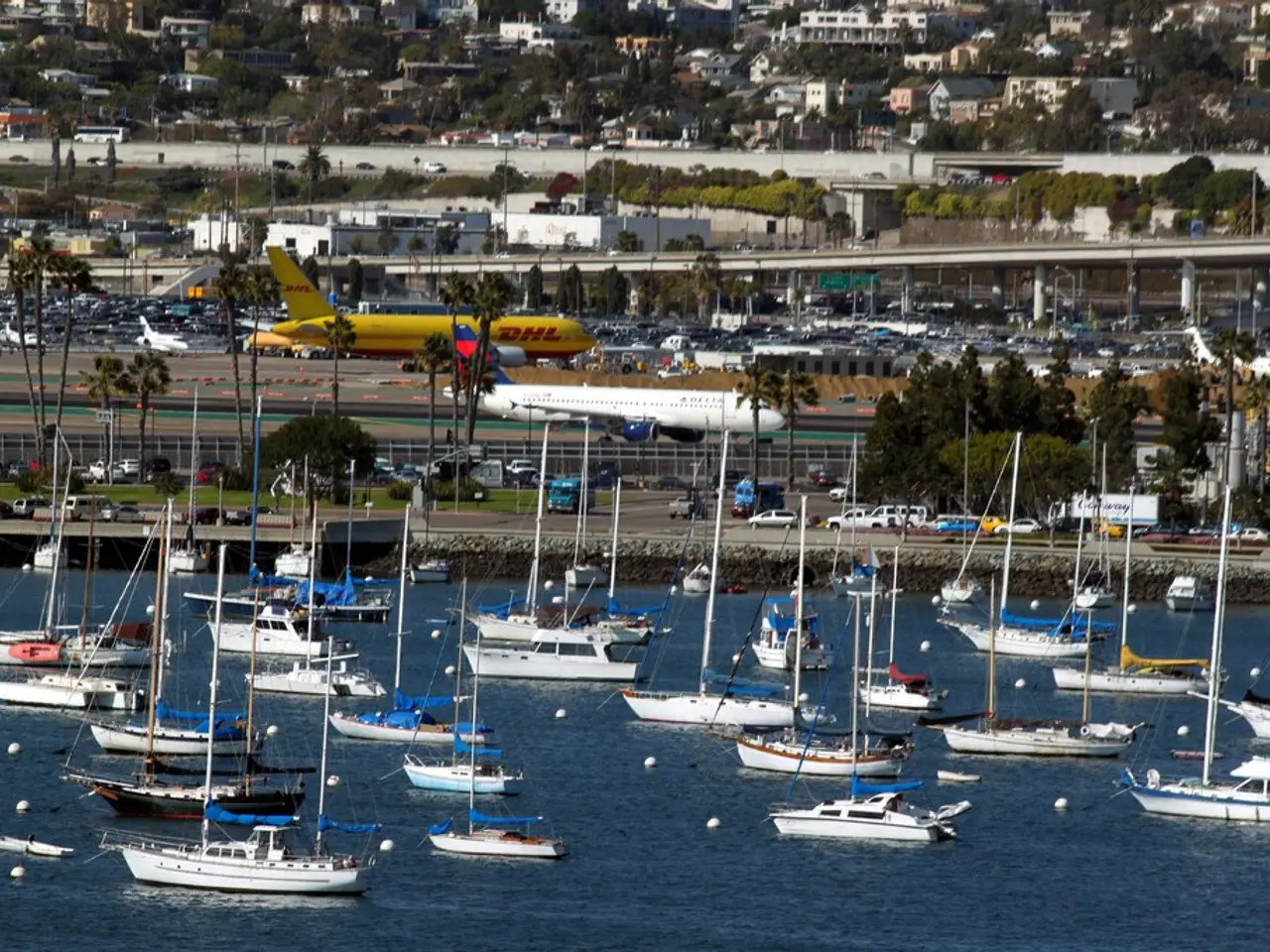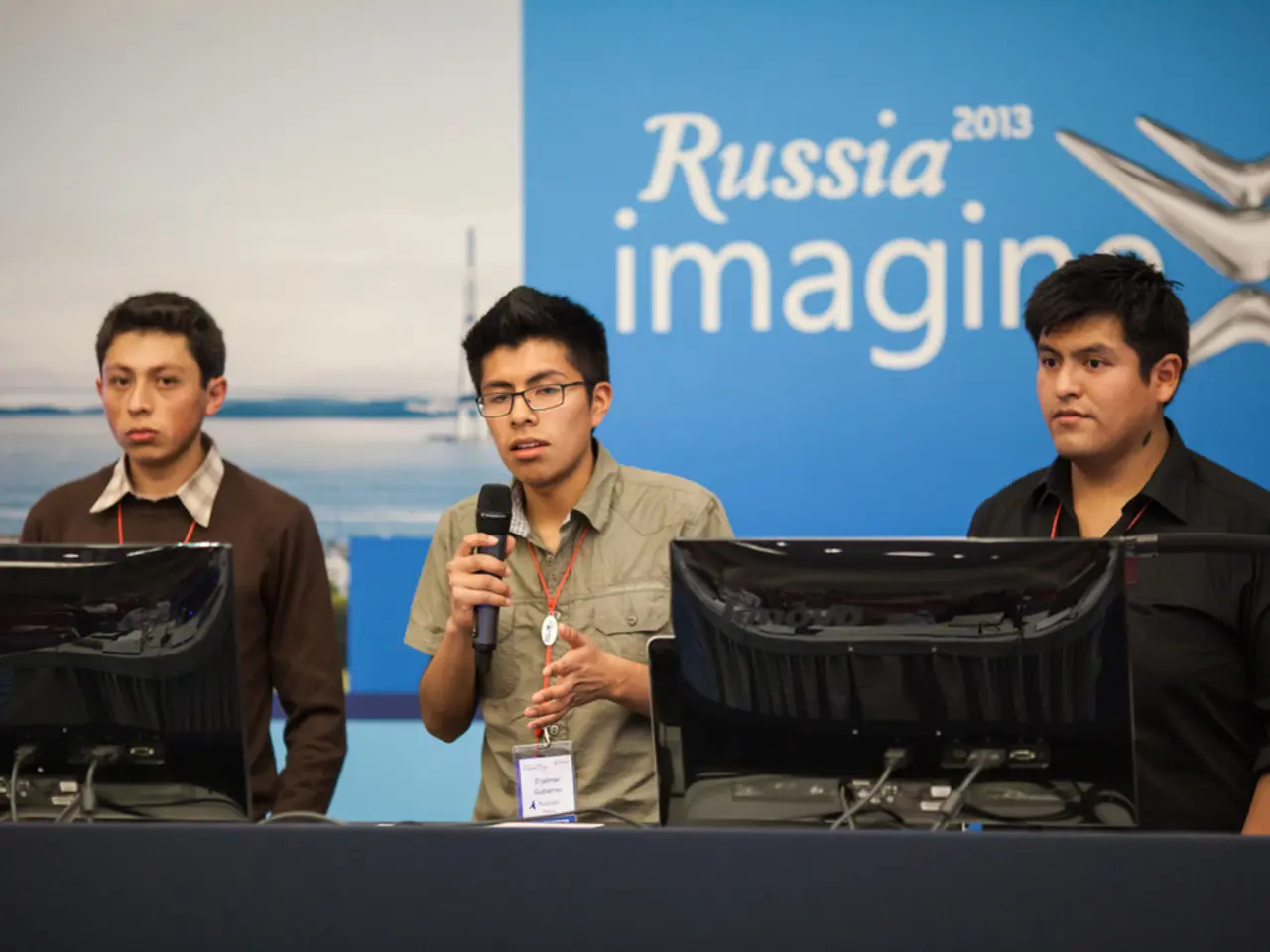Denmark historically held Euroskeptic views. However, Donald Trump's tenure influenced a shift in this position.
In recent years, Denmark's attitude towards the United States and the European Union has undergone significant shifts, primarily due to several contentious issues and strategic realignments.
## Strained Relations with the United States
The public interest shown by U.S. President Donald Trump in acquiring Greenland, an autonomous crown dependency of Denmark, has led to a rift between the two nations. Trump's proposals were met with strong opposition from Danish leaders, who considered them a threat to Danish sovereignty over the island [1][3]. This tension has forced Denmark to reassess its relationship with the U.S., especially in terms of sovereignty and strategic interests.
Despite these tensions, Denmark approved allowing U.S. military bases on its soil. This move was seen as a strategic decision to maintain a strong alliance with the U.S., particularly given the NATO partnership. However, critics argue it undermines Danish sovereignty [2][3].
## Deepening Relations with the European Union
As Denmark took over the EU presidency, it emphasized the need for Europe to stand independently of the U.S. This stance reflects a shift in Denmark's role within the EU, where it is advocating for a stronger European identity and less reliance on American influence [1][4].
Danish minister for European affairs, Marie Bjerre, highlighted the need for Europe to stand on its own feet, especially in the face of trade wars and new tariffs threatened by the U.S. This indicates a desire for greater economic independence and resilience within the EU framework [1].
A survey published in March by Berlingske, a Danish daily newspaper, found that 41% of Danes see the United States as a threat [6]. This sentiment, coupled with the historical fear of the EU interfering in Danish affairs, has been tempered by concerns about the EU's ability to deal with Putin to the East and Trump to the West [7].
In response, Denmark has prioritised a stronger Europe during its EU presidency, with a focus on security [5]. EU-commissioned polls show a clear trend of increased trust in the EU over the past two decades, with steep increases during Trump's first term, after Russia's full-scale invasion of Ukraine, and as Trump's second term began [8].
In conclusion, Denmark's attitude towards the U.S. has become more cautious due to Trump's policies, while its engagement with the EU has deepened as it seeks to strengthen European autonomy and cooperation. The war in Ukraine has had a significant influence on Danish views on the EU, causing a new atmosphere of worry about security in Denmark.
- The war-and-conflicts between the United States and Europe, particularly with the Russia-Ukraine conflict, have shaped Denmark's policy-and-legislation, as shown by its increased focus on security during its EU presidency.
- After acquiring Greenland was met with strong opposition from Danish leaders, the general-news and car-accidents in the U.S. may not garner the same level of public interest in Denmark as issues related to its sovereignty and strategic interests might.
- In the face of growing global tension, Denmark's stance towards the European Union has evolved, with a clear emphasis on independence and resilience in trade, crime-and-justice, and politics, as exemplified by its advocacy for a stronger European identity.
- While Denmark allowed U.S. military bases on its soil as part of its NATO partnership, incidents of crime-and-justice or accidents on these bases could potentially strain the relationship between the two nations even further, especially if they are perceived as undermining Danish sovereignty.








